In recent years, with the official introduction and implementation of the Technical Specifications for Carbon Footprint Labeling and Certification in the Tea Industry, the tea industry has experienced a green revolution. Recently, Yangzhou Juyuanchun Tea Specialized Cooperative was awarded one of the first carbon footprint label certifications in the country, making it the only tea company in the Yangzhou area to receive this certification. This provides a feasible model for the green transformation of the entire tea industry chain in our city.
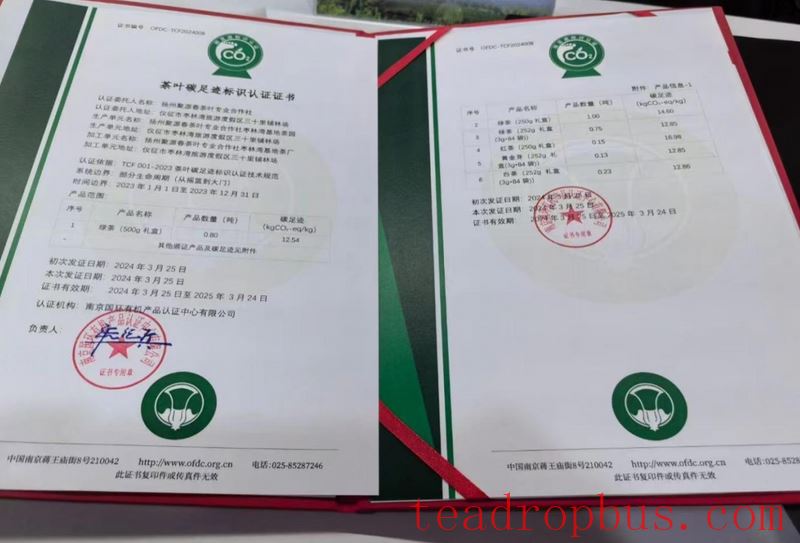
The carbon footprint label refers to the total emissions and removals of greenhouse gases such as carbon dioxide throughout the entire lifecycle of tea, from planting, harvesting, processing, transportation, to sales, as calculated by the technical specifications. It is an important indicator for measuring the green and low-carbon levels of both companies and products.
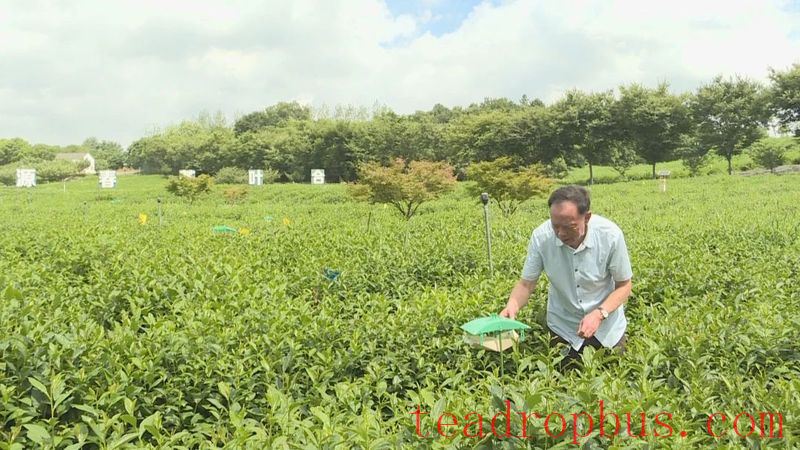
Recently, reporters visited the Yangzhou Juyuanchun Ecological Tea Garden, where rows of verdant tea plants are interspersed with automatic sprinkler systems. Zhang Chun, Chairman of the Yangzhou Juyuanchun Tea Specialized Cooperative, introduced that all 400 acres of the tea garden have clear carbon footprint labels.
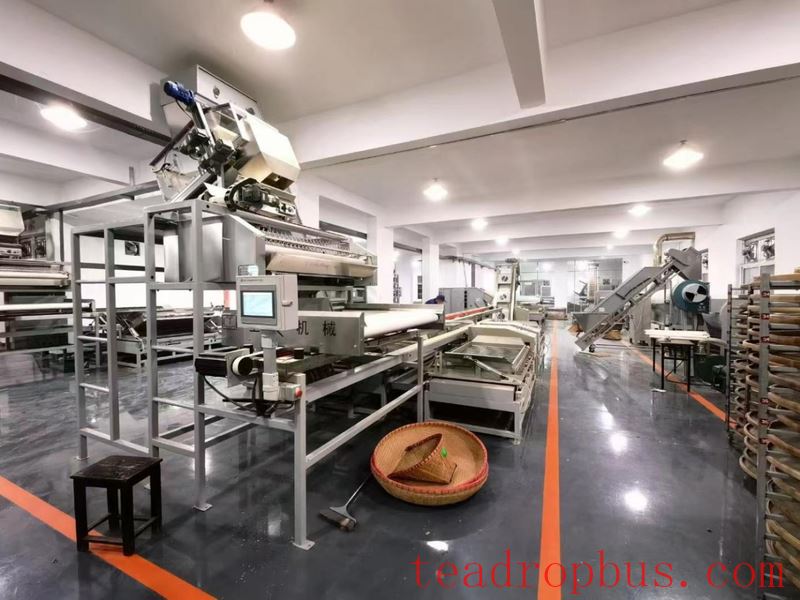
The tea industry is a significant part of our city's agricultural sector, and tea gardens have become strong sources of greenhouse gas emissions, with annual carbon emissions reaching 0.66 tons per acre, second only to fruits, vegetables, and rice. Tea gardens themselves have a carbon sequestration function, with extensive tree canopies and high leaf area indices that create favorable conditions for photosynthesis in tea trees. Additionally, the large amount of pruned branches and leaves provided annually contribute effectively to the organic layer and soil carbon pools. Zhang Chun said: “The carbon footprint label certification ensures that the total carbon sequestration is greater than or equal to the total carbon emissions. After certification, every step of our tea garden, from planting and production processing to sales, follows green production practices. We strive to reduce carbon emissions during processing, thus achieving carbon neutrality or even a carbon sequestration capacity greater than emissions.”
The receipt of the carbon footprint label certification by the Yangzhou Juyuanchun Tea Specialized Cooperative is proof of the company's genuine efforts in the green transformation of the entire tea production chain. Zhang Chun explained: “During the tea planting phase, the cooperative uses organic fertilizers to reduce the use of chemical fertilizers and pesticides, optimizes nutrient management in the tea gardens, and plants a large number of trees around the gardens to increase ecosystem carbon storage, thereby achieving carbon sequestration and reduction.”
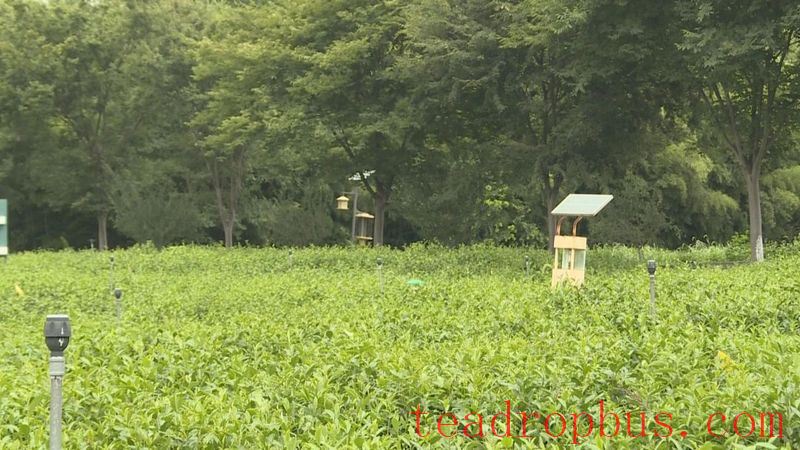
It is understood that after implementing green pest control measures, the Juyuanchun tea garden saved 30% on the cost of chemical pesticides and 40% on labor costs. With the new digital deep-processing line for Green Yangchun tea, energy consumption in the Tea processing stage was reduced by more than 10%. Calculations show that the final production cost of tea by this company decreased by about 15%. Producing eco-friendly, low-carbon tea not only reduces pesticide residues in the tea but also improves its color, aroma, flavor, and appearance, enhancing market competitiveness.
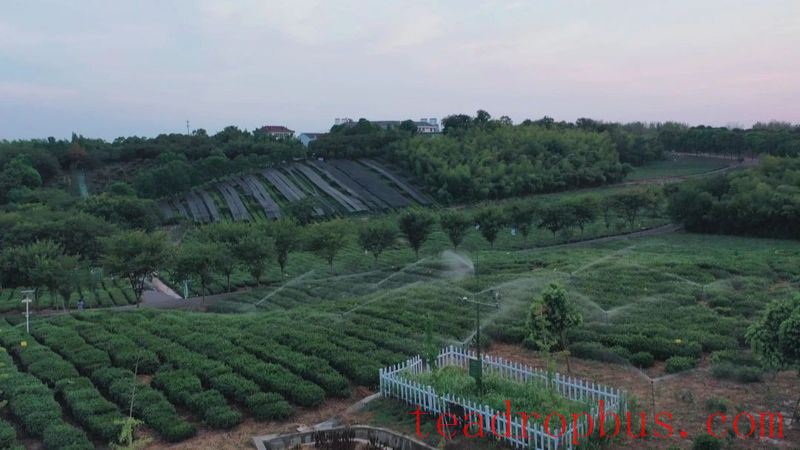
Currently, our city has a total tea garden area of 35,000 mu (approximately 5,700 acres), which accounts for less than 10% of the total farmland area, yet greenhouse gas emissions from tea gardens remain disproportionately high. The promotion and implementation of the tea carbon footprint label certification will help drive the green and low-carbon transition of the entire tea industry chain in the city. Yao Manchang, a researcher at the City's Agriculture and Rural Affairs Bureau, stated: “The Agriculture and Rural Affairs Bureau will actively promote the feasible experience of the Yangzhou Juyuanchun Tea Specialized Cooperative and guide more tea companies to join the ranks of green and low-carbon production. Together, we will promote sustainable development in the tea industry and contribute to the construction of ecological civilization and the achievement of carbon peak and carbon neutrality goals.”
Fusion media journalists: Zou Mengqi, Chen Jianlin